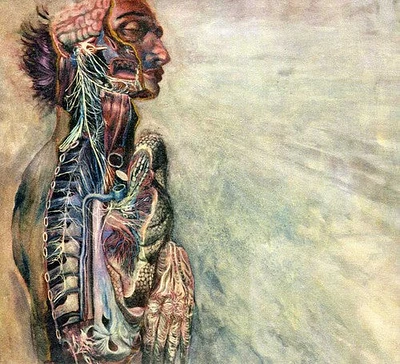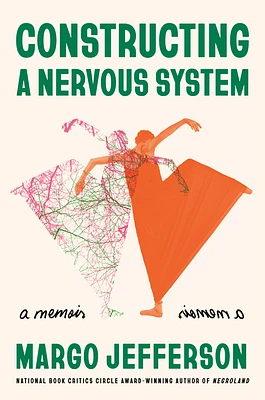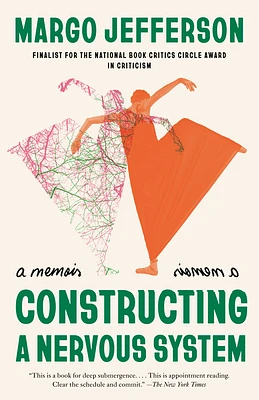Home
Brains as Engines of Association: An Operating Principle for Nervous Systems
Loading Inventory...
Barnes and Noble
Brains as Engines of Association: An Operating Principle for Nervous Systems
Current price: $73.00


Barnes and Noble
Brains as Engines of Association: An Operating Principle for Nervous Systems
Current price: $73.00
Loading Inventory...
Size: Hardcover
*Product Information may vary - to confirm product availability, pricing, and additional information please contact Barnes and Noble
Brains as Engines of Association
tackles a fundamental question in neuroscience: what is the operating principle of the human brain?
While a similar question has been asked and answered for virtually every other human organ during the last few centuries, how the brain operates has remained a central challenge in biology. Based on evidence derived from vision, audition, speech and musicmuch of it based on the author's own work over the last twenty years
argues that brains operate wholly on the basis of trial and error experience, encoded in neural circuitry over evolutionary and individual time.
This concept of neural function runs counter to current concepts that view the brain as a computing machine, and research programs based on the idea that the only way to answer such questions is by reconstructing the connectivity of brains in their entirety. This view also implies that the best way to understand the details of brain function is to recapitulate their history using artificial neural networks. While this viewpoint has received support in the last few years from work showing that computers can win complex games, the brain plays a much more complex gamethe "game" of biological survivalwhich Purves concludes is based on trial-and-error experience.
tackles a fundamental question in neuroscience: what is the operating principle of the human brain?
While a similar question has been asked and answered for virtually every other human organ during the last few centuries, how the brain operates has remained a central challenge in biology. Based on evidence derived from vision, audition, speech and musicmuch of it based on the author's own work over the last twenty years
argues that brains operate wholly on the basis of trial and error experience, encoded in neural circuitry over evolutionary and individual time.
This concept of neural function runs counter to current concepts that view the brain as a computing machine, and research programs based on the idea that the only way to answer such questions is by reconstructing the connectivity of brains in their entirety. This view also implies that the best way to understand the details of brain function is to recapitulate their history using artificial neural networks. While this viewpoint has received support in the last few years from work showing that computers can win complex games, the brain plays a much more complex gamethe "game" of biological survivalwhich Purves concludes is based on trial-and-error experience.

















